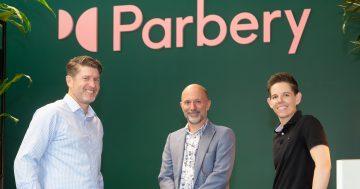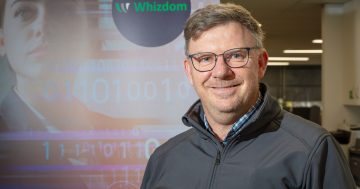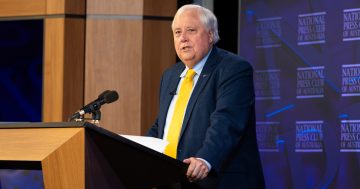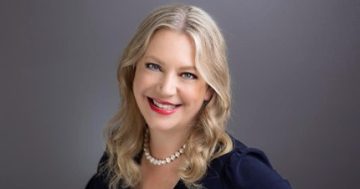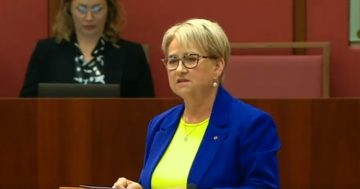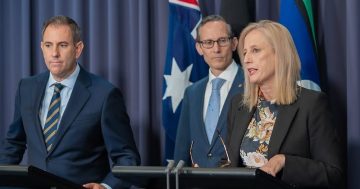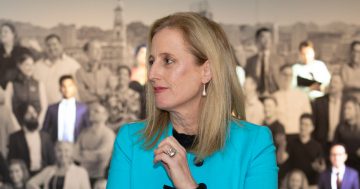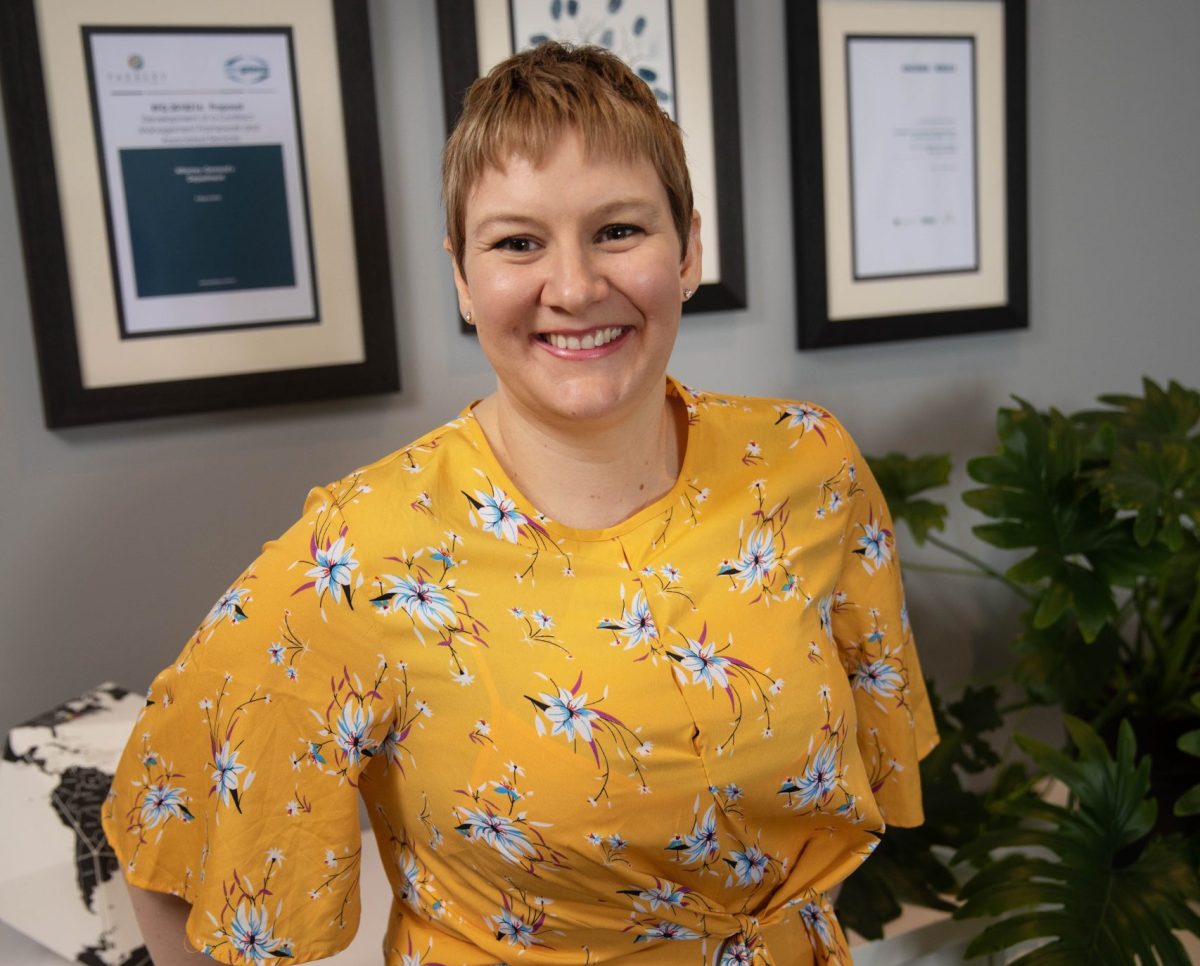
Former public servant and now a consultant, Parbery Managing Partner Kylie Burnett says there’s a crossover between the two roles but also key differences. Photo: Andrew Taylor (Ethos CRS Consulting).
There is much crossover between the strengths of a good public servant and a good consultant, but there are also some key differences, so says Parbery Managing Partner Kylie Burnett, and she would know.
The public servant of many years turned consultant prides herself on remaining a “quasi-public servant”, a role she will never willingly relinquish, even as her consultancy firm goes from strength to strength.
She says a good consultant knows that their role is to “add value while they’re there and build capacity for when they’re gone” – a quality that is becoming increasingly important in a public sector focused on building capacity and capability.
“Often, government departments have the answers but don’t know how to achieve that outcome, or they know how to achieve an outcome but don’t have the capacity. But, while the government will continue to need help from external consultants, the public service shouldn’t be run by consultants,” she says.
“Consultants have deliverables, milestones and accountability, but at the end of the day, you don’t own any of it.”
Kylie says, in a way, it’s the same for a public servant: although you’re working for certain things, the government owns those things, and your role is simply to support them in delivering them to the public.
“Your job is to provide all the information possible to those above you and empower them to make the most informed decision possible at that time, in the interests of the public you serve,” she says.
It’s an insight that comes from passion for both sides of the coin.
Kylie stumbled into the public service to pay her way through her Bachelor of Education studies and buy a replacement car following a serious motor vehicle accident.
Starting as an executive assistant on a period of parental leave, she rolled from contract to contract and eventually into permanent leadership positions.
When she finished her degree, she had the choice of teaching or remaining in the public service.
“I realised that what I was drawn to in teaching – the mentoring people and helping them learn and grow, but also learning in the process myself – I also got as a leader and manager in the public service,” she says.
“I also found I enjoyed working at the pointy end of things – sometimes in politically motivated and difficult environments. Ultimately, I knew I’d rather be inside the tent making a difference than outside complaining about it.
“I certainly never intended to leave the public service and never come back. I love contributing to something bigger than me … I felt I lost that when I first left the public service.”
Kylie left public service only to go on parental leave, but when ready to re-enter the workforce, she found herself taking on strategy and business development for a big multinational private sector company.
“I wanted to learn about the other side of the work – how companies procure contracts from the government. I think any job is better done when you know how both parties work,” she says.
But it wasn’t long before she began missing the public service.
“Of course, when working for the public service, there would be decisions I didn’t agree with, but I never felt my integrity was under pressure,” she says.
“I didn’t realise how values aligned I was with the public service until I didn’t have that anymore.”
It was at this crossroads that Parbery was born. And because the consultancy firm primarily focuses on the public service, Kylie’s passion, knowledge and understanding of the sector is at home at a firm that prides itself on a people-centric model.
“It was only when (Parbery founder) Nick and I started talking that I realised I could have those values aligned in the private sector, so long as I helped design it,” she says.
Fortunately for Kylie, she has found that a good consultant can also add value from “inside the tent”.
“I like to think I’m still quasi-public service. I go in with a public service mindset, looking to build self-sufficiency for the client,” she says.
For more information, visit Parbery.
Original Article published by Dione David on Riotact.
Region Media Partner Content

